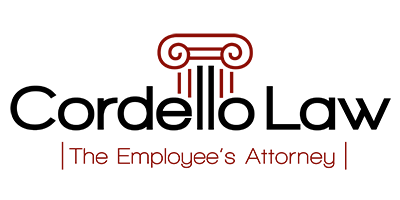Enhanced Whistleblower Protections in New York: Navigating Retaliation Laws with Attorney Justin M. Cordello - A Case Study
Background:
Employees who blow the whistle on their employer based upon the employee’s reasonable belief that there is a danger to the public or a violation of a law, rule or regulation are protected by the law. Whistleblower cases are some of the most challenging for employees as they run the very real risk of retaliation by their employer including termination, demotion, suspension etc. The good news is New York has recently enhanced its whistleblower protection for employees to prevent adverse employment actions when employees make complaints that support public policy.
Key Questions from Plaintiff:
- How can an employee blow the whistle and not be retaliated against and suffer adverse employment actions?
- What types of complaints are protected by the whistle blower protections laws?
- Why don’t employers support whistle blowers?
Conclusion
Legal representation by attorney Justin M. Cordello, helps employees in New York to hold their employers accountable for retaliation when they blow the whistle on their employer’s activities that they reasonably believe place the public in danger or violate rules and regulation. Navigating the intricacies of New York’s whistle blower protection law is not obvious and employees will be served well working with an attorney that specializes in retaliation laws in New York.
All New York Employees
Who is covered by the Whistle Blower Protection Laws
2022
When was the law enacted
$Hundreds of Thousands in Unpaid Wage & Benefits
Compensation recoverable under the law
Get Help for Your Workplace Issues
As an experienced employment lawyer, I'm here to help you address your workplace issues, such as discrimination, harassment, or wrongful termination. Fill out the form below to learn about your legal options.
Disclaimer: I advise against using your employer's computers and email accounts when communicating with me. Email communication with me may not be protected by the attorney-client privilege
